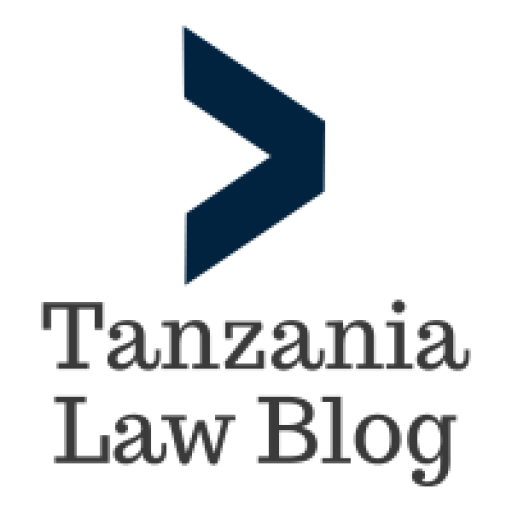There is a view amongst even industry captains that the number of companies in Tanzania being wound up after facing financial difficulties has been raising in the recent past due to a confluence of factors, including a dampened investors’ sentiment and a property market lull. Does this come as a surprise amid the outbreak of the coronavirus pandemic?
On this backdrop, what are some of the aspects of the compulsory winding up (or liquidation) of insolvent companies by the High Court of Tanzania (‘the Court’). Part VIII Chapter II of the Tanzanian Companies Act, 2002 (‘CA 2002’) deals with winding up of companies by the Court (or compulsory winding up).
It is important to note that a winding up order does not immediately bring an end to the life of a company. In a winding-up, the company’s assets are applied to pay the ascertained debts and liabilities. Any surplus assets are distributed among the shareholders, after the costs and expenses of the winding-up have been paid. The process may eventually lead to deregistration of the company at the Business Registration and Licensing Agency (BRELA), at which time it ceases to exist.
Typically, a company registered in Tanzania can be wound up by the Court at the instigation mainly of unpaid creditors of the company (though winding up applications may also be brought by contributories). The effect of a winding up order, if made, on a company is that the company retains its powers, but it only exists for the purpose of being liquidated.
As well, no legal action can be commenced or continued against the company, except by the leave of the Court. Creditors, including secured creditors like banks holding debentures, are not free to bring proceedings against the company at will and are compelled to wait until the liquidator is in a position to make a distribution before receiving anything.
From a human capital perspective, a winding-up order discharges all employees of the company. Moreover, the directors of the company lose their powers, even though they retain residual powers which are not inconsistent with the purpose of the appointment of the liquidator. Such residue powers comprise the right to file an appeal, in the name of the company, against the winding up application.
Section 279(1) of the CA 2002 specifies five circumstances in which a company may be wound up by the court, including where the company is unable to pay its debts (section 279(1)(d)). Section 280 of the same Act goes on to identify four scenarios in which such inability to pay debts is deemed to exist. These scenarios are:
- neglect to meet a statutory demand (“statutory demand test”);
- unsatisfied execution in respect of a judgment debt (“unsatisfied execution test”);
- where the company is unable to pay its debts as they fall due (“cash-flow test”); and
- where the value of the company’s assets is less than the amount of its liabilities, taking into account its contingent and prospective liabilities (“balance-sheet test”).
From the foregoing, it is possible for a company to be cash-flow insolvent company but have a balance sheet showing asset values greater in sum than liabilities. In this sense, the difference between the cash-flow test and the balance-sheet test causes some difficulty.
It is not surprising, therefore, that although courts have been seen to prefer the cash-flow test, they have nevertheless considered that both cash-flow and balance-sheet tests are critical in arriving at a conclusion that a company is unable to pay its debts.
The winding-up of a company is deemed to commence at the time of presenting the petition for a winding up order, after which any disposition of the company’s property; any transfer of shares or change in the status of the shareholders; and any attachment, distress or execution against the company become void.
In all economies of the world, there are companies whose best days are behind them. But we do not know of any established company in Tanzania or elsewhere that wants to go under, with the attendant loss of earning and enterprise value.
I believe that there is opportunity for the constituency of creditors in Tanzania to deploy more creative and commercial approaches to financially distressed companies embodied in the CA 2002 and efforts to revive, instead of the more outmoded and conservative winding-up (liquidation) approach.
• • •
If you would like further information on any issue raised in this blog post, send me a message via my online contact form.
• • •
Paul Kibuuka is a University of Dar es Salaam-educated lawyer specialising in tax, corporate, finance, investment and dispute resolution; and he advises corporate boards, CEOs and senior managers of SMEs, start-ups and multinational companies operating in Tanzania and other East African countries – alongside local counsel. Kibuuka is also the founding chairman and executive director of the Taxation and Development Research Bureau (TDRB).
